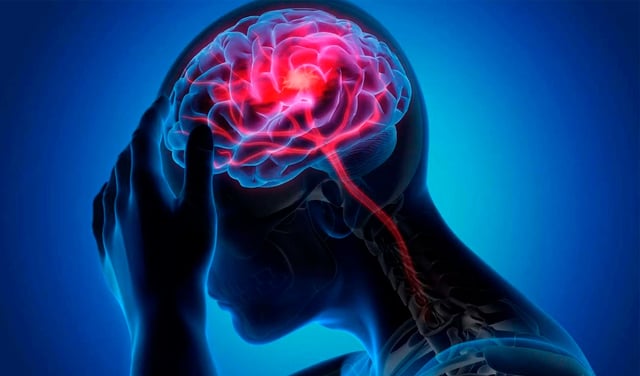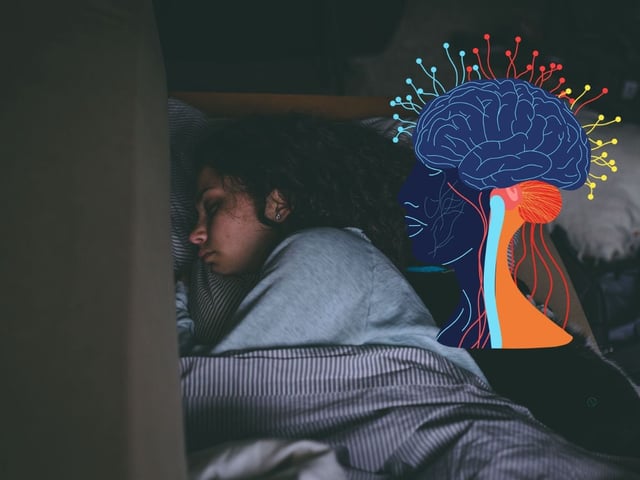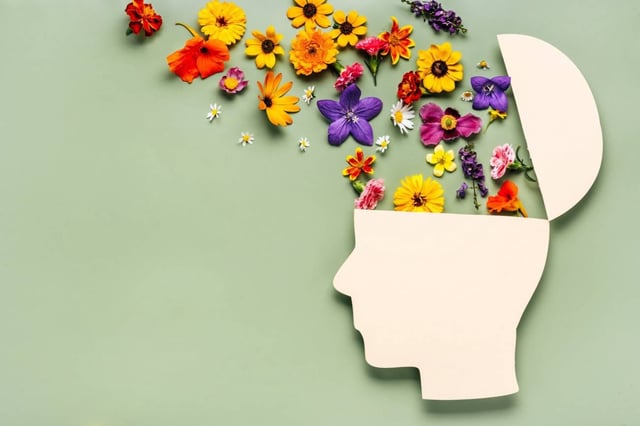Overview
- Karolinska Institutet scientists report that people with poorer self-reported sleep had brains that on average appeared about one year older than their chronological age.
- Each one-point drop in a five-item sleep-health score corresponded to roughly a six-month increase in the brain–age gap.
- Low-grade systemic inflammation accounted for just over 10% of the association between poor sleep and older-appearing brains.
- Sleep characteristics were based on five self-reported factors—chronotype, duration, insomnia, snoring, and daytime sleepiness—grouped into healthy, intermediate, and poor profiles.
- Authors caution that the findings are associative, rely on self-reported sleep, and come from a healthier-than-average UK Biobank cohort, underscoring the need for objective longitudinal and interventional studies.


